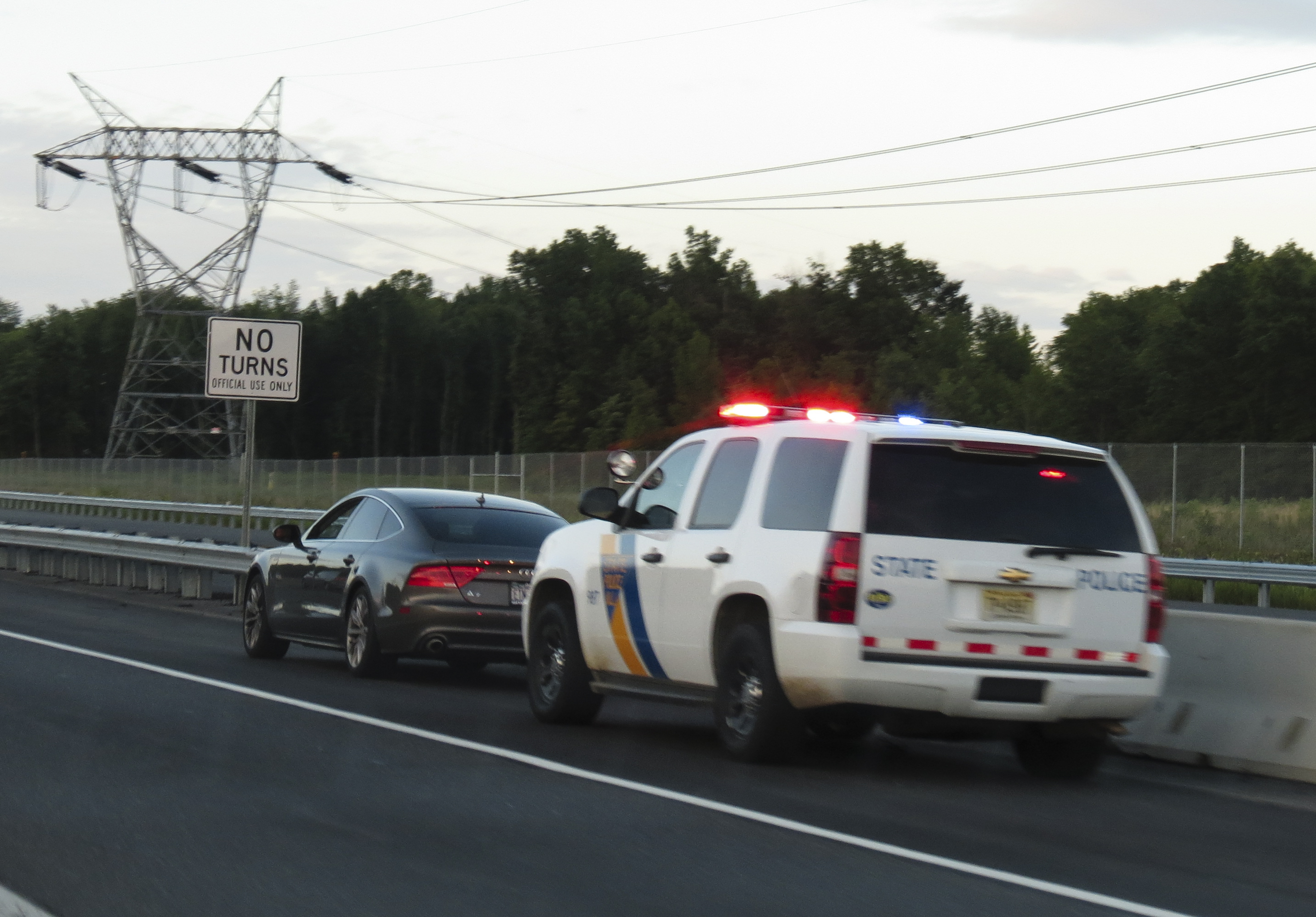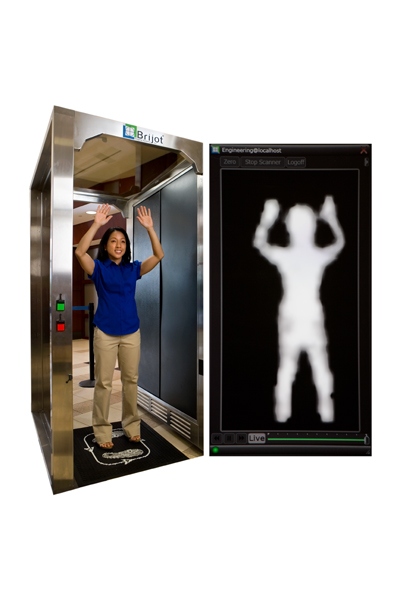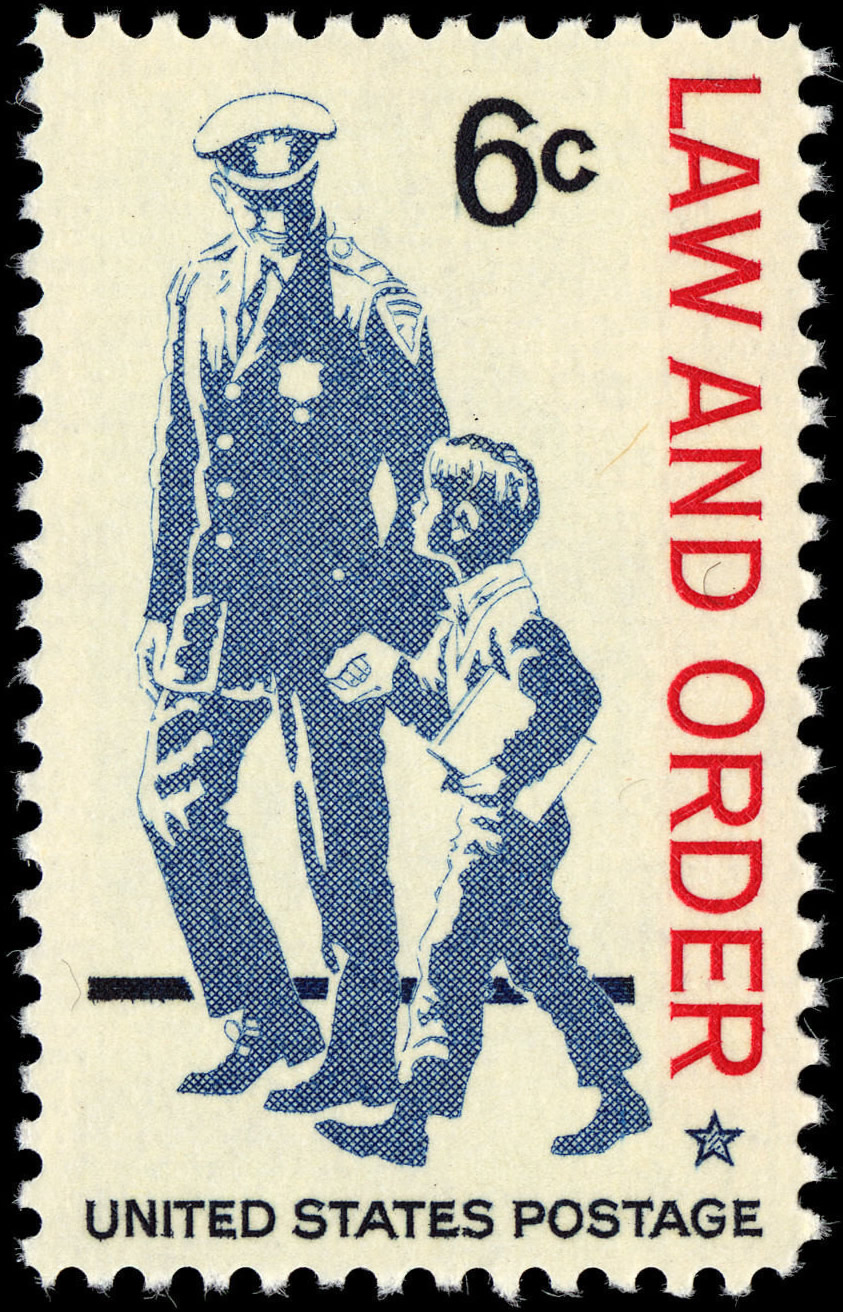|
Frisking
Frisking (also called a patdown or pat down) is a search of a person's outer clothing wherein a person runs their hands along the outer garments of another to detect any concealed weapons or objects. U.S. Law In the United States, a law enforcement officer may briefly detain a person upon reasonable suspicion of involvement in a crime but short of probable cause to arrest; such a detention is known as a ''Terry'' stop. When a search for weapons is also authorized, the procedure is known as a stop and frisk. To justify the stop, a law enforcement officer must be able to point to "specific and articulable facts" that would indicate to a reasonable person that a crime has been, is being, or is about to be committed. If the officer reasonably suspects that the suspect is in possession of a weapon that is of danger to the officer or others, the officer may conduct a frisking of the suspect's outer garments to search for weapons. The search must be limited to what is necessary to ... [...More Info...] [...Related Items...] OR: [Wikipedia] [Google] [Baidu] |
Searches And Seizures
Search and seizure is a procedure used in many civil law and common law legal systems by which police or other authorities and their agents, who, suspecting that a crime has been committed, commence a search of a person's property and confiscate any relevant evidence found in connection to the crime. Some countries have certain provisions in their constitutions that provide the public with the right to be free from "unreasonable searches and seizures". This right is generally based on the premise that everyone is entitled to a reasonable right to privacy. Though specific interpretation may vary, this right can often require law enforcement to obtain a search warrant or consent of the owner before engaging in any form of search and seizure. In cases where evidence is seized in a search, that evidence might be rejected by court procedures, such as with a motion to suppress the evidence under the exclusionary rule. Italy In Italy protection from search and seizure is enshrine ... [...More Info...] [...Related Items...] OR: [Wikipedia] [Google] [Baidu] |
Stop And Identify Statutes
"Stop and identify" statutes are laws in several U.S. states that authorize police to lawfully order people whom they reasonably suspect of a crime to state their name. If there is not reasonable suspicion that a crime has been committed, is being committed, or is about to be committed, an individual is not required to identify themselves, even in these states. The Fourth Amendment prohibits unreasonable searches and seizures and requires warrants to be supported by probable cause. In '' Terry v. Ohio'' (1968), the U.S. Supreme Court established that it is constitutional for police to temporarily detain a person based on "specific and articulable facts" that establish reasonable suspicion that a crime has been or will be committed. An officer may conduct a patdown for weapons based on a reasonable suspicion that the person is armed and poses a threat to the officer or others. In '' Hiibel v. Sixth Judicial District Court of Nevada'' (2004), the Supreme Court held that statutes ... [...More Info...] [...Related Items...] OR: [Wikipedia] [Google] [Baidu] |
Terry Stop
A ''Terry'' stop in the United States allows the police to briefly detain a person based on reasonable suspicion of involvement in criminal activity. ("In ''Terry v. Ohio'', 392 U. S. 1, 30 (1968), we held that the police can stop and briefly detain a person for investigative purposes if the officer has a reasonable suspicion supported by articulable facts that criminal activity "may be afoot," even if the officer lacks probable cause.") Reasonable suspicion is a lower standard than probable cause which is needed for arrest. When police stop and search a pedestrian, this is commonly known as a stop and frisk. When police stop an automobile, this is known as a traffic stop. If the police stop a motor vehicle on minor infringements in order to investigate other suspected criminal activity, this is known as a pretextual stop. Additional rules apply to stops that occur on a bus. In the United States at the federal level, the Supreme Court has published many cases that define the in ... [...More Info...] [...Related Items...] OR: [Wikipedia] [Google] [Baidu] |
Search Of Persons
Police officers in various jurisdictions have power to search members of the public, for example, for weapons, drugs and stolen property. This article concerns searches of members of the public who have not been arrested and who are not held in detention. For search powers in relation to those persons see Search on arrest and Searches in detention. For searches of property, rather than people, see search and seizure. England and Wales Police powers in England and Wales, allowing police officers to search members of the public for weapons, drugs, stolen property, terrorism-related evidence or evidence of other crimes are known as stop and search powers. United States Searches in the United States are governed by the Fourth Amendment to the U.S. Constitution, which generally requires that the police obtain a warrant before a search is legally permissible. However, certain exceptions to the warrant requirement exist. After stopping a person based upon the reasonable belief that ... [...More Info...] [...Related Items...] OR: [Wikipedia] [Google] [Baidu] |
Search And Seizure
Search and seizure is a procedure used in many civil law and common law legal systems by which police or other authorities and their agents, who, suspecting that a crime has been committed, commence a search of a person's property and confiscate any relevant evidence found in connection to the crime. Some countries have certain provisions in their constitutions that provide the public with the right to be free from "unreasonable searches and seizures". This right is generally based on the premise that everyone is entitled to a reasonable right to privacy. Though specific interpretation may vary, this right can often require law enforcement to obtain a search warrant or consent of the owner before engaging in any form of search and seizure. In cases where evidence is seized in a search, that evidence might be rejected by court procedures, such as with a motion to suppress the evidence under the exclusionary rule. Italy In Italy protection from search and seizure is enshrine ... [...More Info...] [...Related Items...] OR: [Wikipedia] [Google] [Baidu] |
Full Body Scanner
A full-body scanner is a device that detects objects on or inside a person's body for security screening purposes, without physically removing clothes or making physical contact. Unlike metal detectors, full-body scanners can detect non-metal objects, which became an increasing concern after various airliner bombing attempts in the 2000s and some scanners can also detect swallowed items or hidden in body cavities of a person. Starting in 2007, full-body scanners started supplementing metal detectors at airports and train stations in many countries. Three distinct technologies have been used in practice: * ''Millimeter wave scanners'' use non-ionizing electromagnetic radiation similar to that used by wireless data transmitters, in the extremely high frequency (EHF) radio band (which is a lower frequency than visible light). The health risks posed by these machines are still being studied, and the evidence is mixed, though millimeter wave scanners do not generate ionizing radi ... [...More Info...] [...Related Items...] OR: [Wikipedia] [Google] [Baidu] |
FEMA - 14834 - Photograph By Liz Roll Taken On 09-05-2005 In Louisiana
The Federal Emergency Management Agency (FEMA) is an agency of the United States Department of Homeland Security (DHS), initially created under President Jimmy Carter by Presidential Reorganization Plan No. 3 of 1978 and implemented by two Executive Orders on April 1, 1979. The agency's primary purpose is to coordinate the response to a disaster that has occurred in the United States and that overwhelms the resources of local and state authorities. The governor of the state in which the disaster occurs must declare a state of emergency and formally request from the President that FEMA and the federal government respond to the disaster. The only exception to the state's gubernatorial declaration requirement occurs when an emergency or disaster takes place on federal property or to a federal asset—for example, the 1995 bombing of the Alfred P. Murrah Federal Building in Oklahoma City, Oklahoma, or the Space Shuttle ''Columbia'' in the 2003 return-flight disaster. While on-the ... [...More Info...] [...Related Items...] OR: [Wikipedia] [Google] [Baidu] |
New York Civil Liberties Union
The New York Civil Liberties Union (NYCLU) is a civil rights organization in the United States. Founded in November 1951 as the New York affiliate of the American Civil Liberties Union, it is a not-for-profit, nonpartisan organization with nearly 50,000 members across New York State.About the NYCLU, NYCLU, retrieved on March 11, 2012, at http://www.nyclu.org/node/1022#executiv The NYCLU has eight offices in New York State: Central New York (the Syracuse area), the Capital Region (the Albany area), Lower Hudson Valley, Suffolk County, Nassau County, New York City, Genesee Valley and the Western Region.NYCLU's 2011 Annual Report, pg. 28, retrieved on March 11, 2012, at http://www.nyclu.org/files/NYCLUAR_2011_web.pdf The New York City office is its headquarters and represents all regions that do not have their local chapter or regional office. Mission Statement The NYCLU's stated mission is "to defend and promote the fundamental principles and values embodied in the Bill of ... [...More Info...] [...Related Items...] OR: [Wikipedia] [Google] [Baidu] |
Law Enforcement In The United States
Law enforcement in the United States is one of three major components of the criminal justice system of the United States, along with courts and corrections. Although each component operates semi-independently, the three collectively form a chain leading from an investigation of suspected criminal activity to the administration of criminal punishment. There are more than 900,000 sworn law enforcement officers now serving in the United States, which is the highest figure ever; about 12 percent of those are women. Law enforcement operates primarily through governmental police agencies. There are 17,985 police agencies in the United States which include municipal police departments, county sheriff's offices, state troopers, and federal law enforcement agencies. The law enforcement purposes of these agencies are the investigation of suspected criminal activity, referral of the results of investigations to state or federal prosecutors, and the temporary detention of suspected cr ... [...More Info...] [...Related Items...] OR: [Wikipedia] [Google] [Baidu] |
Proactive Policing
Proactive policing is the practice of deterring criminal activity by showing police presence. It includes activities such as the use of police powers by both uniformed and plain-clothes officers, engaging the public to learn their concerns, and investigating and discovering offences and conspiracies to commit crimes so that the crimes cannot be committed. In contrast, responding to a complaint after a crime has been committed is reactive policing.Ankony, Robert C., "The Impact of Perceived Alienation on Police Officers' Sense of Mastery and Subsequent Motivation for Proactive Enforcement." ''Policing: An International Journal of Police Strategies and Management,'' vol. 22. no. 2 (1999): 120-3/ref> According to a 2017 report by the National Academy of Sciences, there is "evidence that a number of proactive policing practices are successful in reducing crime and disorder, at least in the short term, and that most of these strategies do not harm communities' attitudes toward police ... [...More Info...] [...Related Items...] OR: [Wikipedia] [Google] [Baidu] |
Don't Touch My Junk
"Don't touch my junk" is a phrase that became popular in the United States in 2010 as a criticism of Transportation Security Administration (TSA) patdowns. The word "junk" is American English slang for a man's genitals. The phrase refers to the offense many people took to the November 2010 decision by TSA to begin full body patdowns of airline passengers in the U.S. who refused to go through a full body scanner. Origin of the phrase The phrase was inadvertently coined in 2010 by passenger John Tyner, an Oceanside, California computer programmer who released an audio recording from San Diego International Airport in which he told TSA agents: "If you touch my junk, I'm going to have you arrested." Tyner had initially chosen to undergo a pat-down rather than going through a full-body scan machine because of health concerns and the fact that he viewed the machines as a threat to privacy. The TSA refused to allow him to pass without this intimate search and so he declined to travel a ... [...More Info...] [...Related Items...] OR: [Wikipedia] [Google] [Baidu] |
Op-ed
An op-ed, short for "opposite the editorial page", is a written prose piece, typically published by a North-American newspaper or magazine, which expresses the opinion of an author usually not affiliated with the publication's editorial board. Op-eds are different from both editorials (opinion pieces submitted by editorial board members) and letters to the editor (opinion pieces submitted by readers). In 2021, ''The New York Times''—the paper credited with developing and naming the modern op-ed page—announced that it was retiring the label, and would instead call submitted opinion pieces "Guest Essays." The move was a result of the transition to online publishing, where there is no concept of physically opposing (adjacent) pages. Origin The direct ancestor of the modern op-ed page was created in 1921 by Herbert Bayard Swope of ''The New York Evening World''. When Swope took over as main editor in 1920, he realized that the page opposite the editorials was "a catchall ... [...More Info...] [...Related Items...] OR: [Wikipedia] [Google] [Baidu] |





.jpg)

